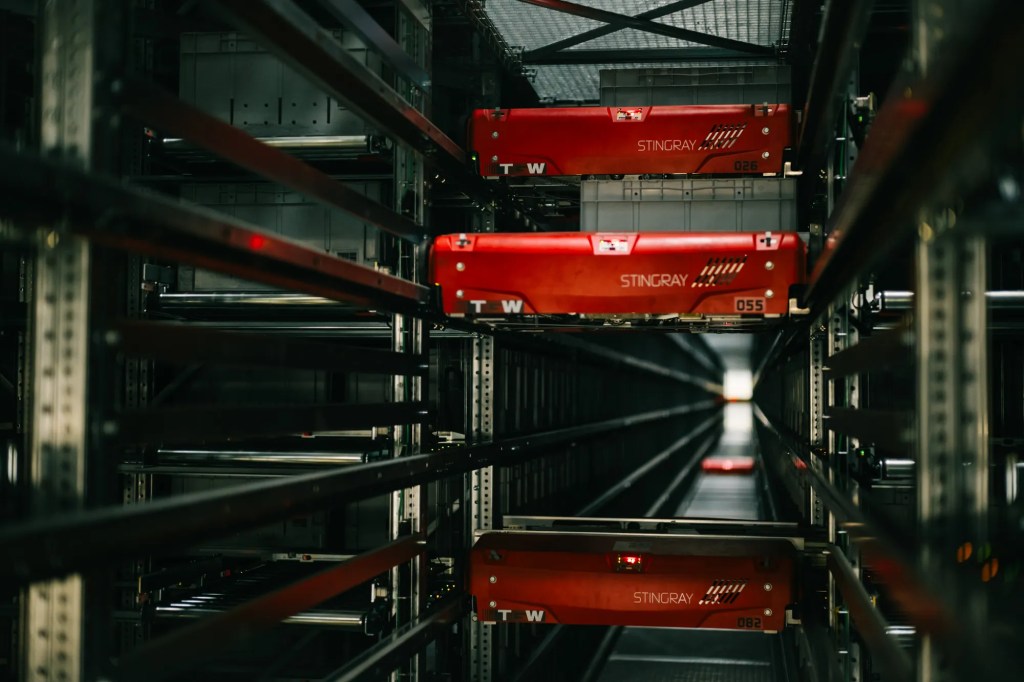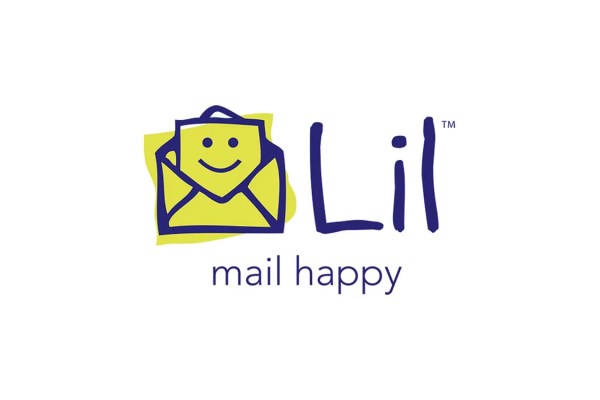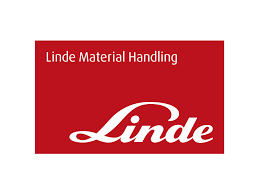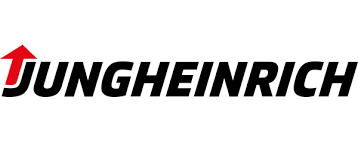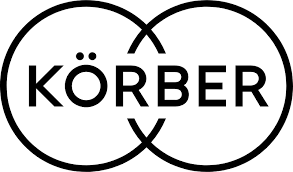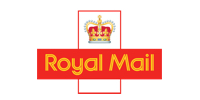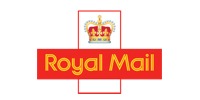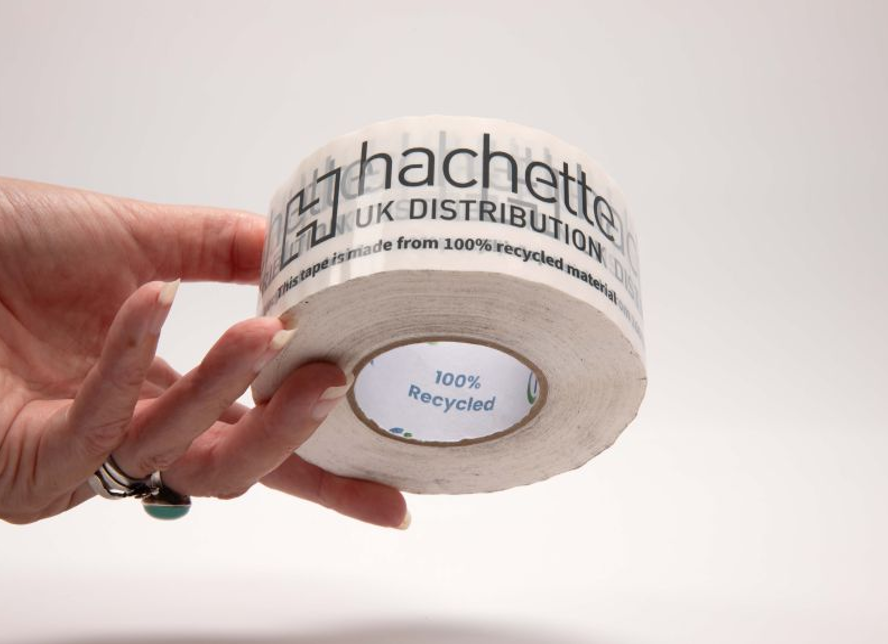In 2021, we undertook a full greenhouse gas (Ghg) emission inventory for all Hachette UK operations, including those in our overseas territories, and covering our supply chain impact. Following this assessment, we signed up to the global Science Based Targets initiative, committing to reach net zero carbon emissions by as close to 2030 as possible, and by 2050 at the latest.
Read our Sustainable sourcing policy
Hachette UK Distribution is playing its part in helping Hachette UK achieve the SBTi as follows –
Reducing energy usage
Infrastructure
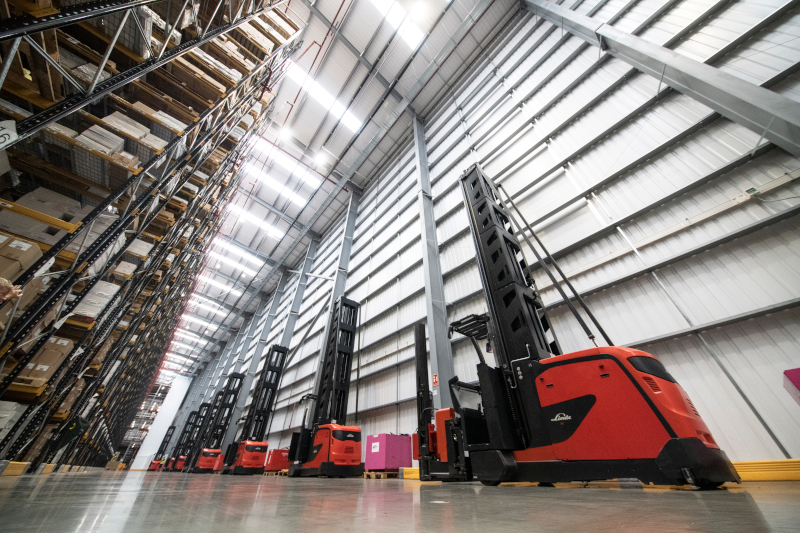 What we have done at HHC:
What we have done at HHC:
- Our building has an ‘A’ energy rating – the highest level of energy efficiency – and to achieve an ‘A’ result, the building must get an assessment score in the range of 0–25, where a 0 is defined as the performance of a building that has zero net annual CO₂ emissions
- HHC has PIR LED lighting
- We have a heat exchange system used within air handling units
- All warehouse equipment charges during off peak hours
- There is a sleep mode for all conveyors and spirals when not in use
- The shuttle system and conveyors recover kinetic energy (up to 17 per cent) on braking
What we have done at 130 Milton Park:
- 130 Milton Park has a ‘D’ energy rating. We have recently installed PIR LED lighting to reduce energy usage.
- Installed electric charging points
- Replaced gas and diesel forklift trucks with electric trucks
What we have done at 188 Milton Park:
- 188 Milton Park has a ‘C’ energy rating. We have installed PIR LED lighting to reduce energy usage across all the bulk storage aisles and shelving areas.
- Installed Li-ion MHE power source across our truck fleet (including 14m lift VNA equipment), reducing charge time, saving energy consumption by 25% against a standard lead acid power solution.
Transport
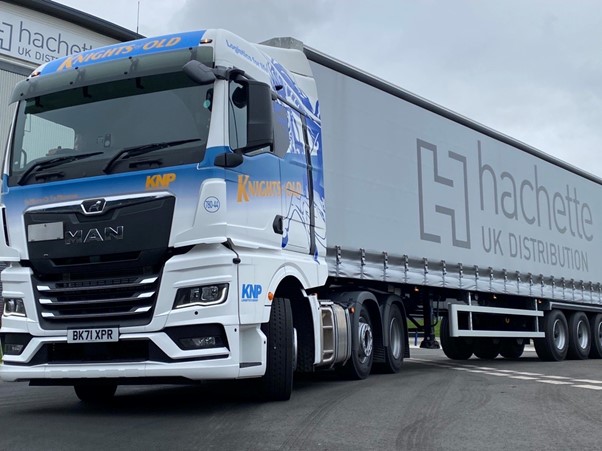 What we have done:
What we have done:
- We are encouraging all suppliers to commit themselves to the SBTi methodology.
- DPD is our main parcel carrier and has published the following commitment:
- We commit to ensure that every parcel we deliver is carbon neutral at no extra cost to our customers. We do this by measuring our emissions, striving to reduce them and offsetting any remaining emissions.
- We have implemented a cut-down solution for cartons of books so that we do not ship partially filled boxes.
- We have order processing systems that allow local printing and global routing of orders according to publishers’ wishes.
- We have double-decker DPD trailers to reduce overall road miles.
What we will do:
- We will work with customers and suppliers to help them optimise their routing.
- We will implement red box/green box to allow customers to pulp at source according to publishers’ wishes.
- New loading bays implemented in 2024 enabling double deck trailers therefore saving emissions of up to 150 miles a day.
Energy sourcing
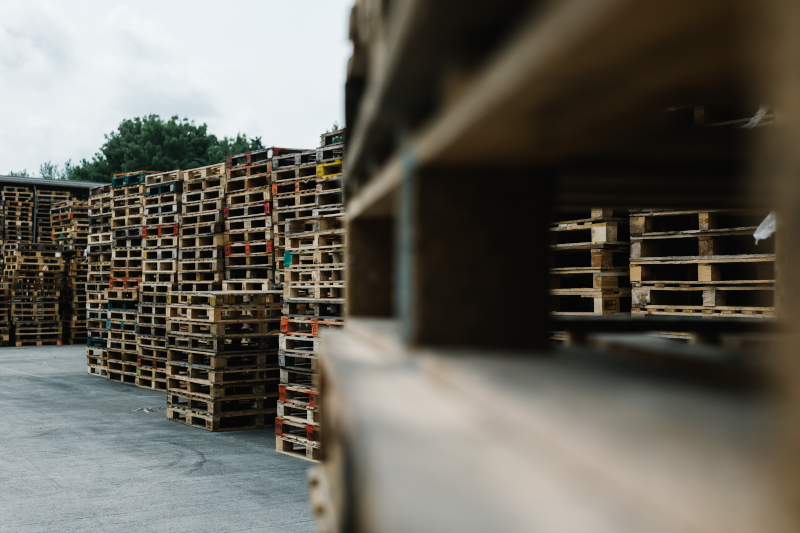 What we have done:
What we have done:
- We already use 100 per cent certified renewable supplies via the grid.
Outside of SBTi, HUKD is also committed to reducing physical waste that can cause direct pollution, and to recycle where waste is created.
Reducing materials usage
Plastics
What we have done:
- We have continued to work with our partners in finding the best possible solutions and materials to support our environmental best practices for 2025 by:- Plastic for carton liner – Reduced microns by 42% and made of 50% recycled content
– Plastic wrap for pallets – iWrap product made of 30% recycled content
– 100% plastic free book-wraps
– Pallet tape made of 100% recycled content
– 100% plastic free document wallets
Shrink wrap small despatch carton
Shrink wrap large despatch carton
White pallet wrap
300mm heat sealed shrink film (VAS)
–17%
–17%
–26%
–21%
✓
✓
- We do not use air bags for void fill in cartons.
What we will do:
- Eliminate usage by finding biodegradable alternatives
Cardboard
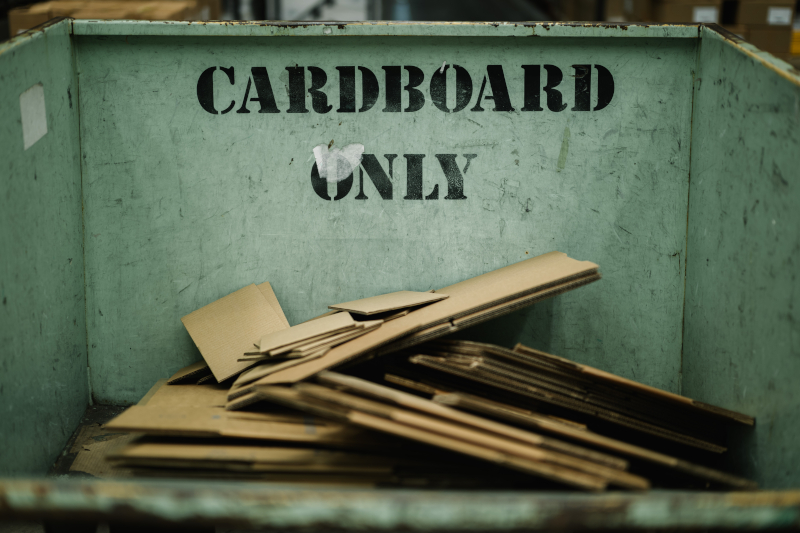 What we have done:
What we have done:
- We use recirculating totes for deliveries to a number of large customers
- HUKD is FSC accredited in conjunction with HUK
- Our cardboard suppliers are FSC accredited (LIL packaging and VPK)
- All our cardboard is manufactured from pulp which contains over 70% recycled content
- All cardboard used is 100% recyclable
What we will do:
- Expand our use of reusable totes for delivery
- Reduce wastage from poor quality by working with suppliers
Wood (pallets)
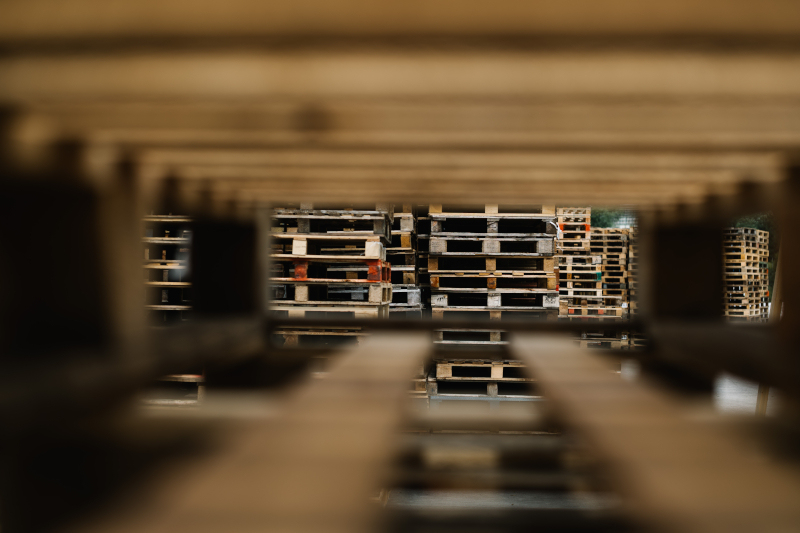 What we have done:
What we have done:
- Working with our pallet partner, 75 per cent of all broken pallets are repaired and reused back in the supply chain, and the remaining 25 per cent of waste goes through our partner’s chipping machine and the material is then put into a biomass boiler that provides the fuel to heat the factory and kiln to heat-treat wooden products for export shipments.
What we will do:
Working with our pallet partner, find a consistent method of reusing or recycling wooden pallet toppers that arrive on inbound shipments.
Recycling
Across all our sites we have:
- Colour coded segregated waste streams
- Cardboard and plastic bailers, as well as general waste compactor to reduce waste collections
- Zero to landfill

